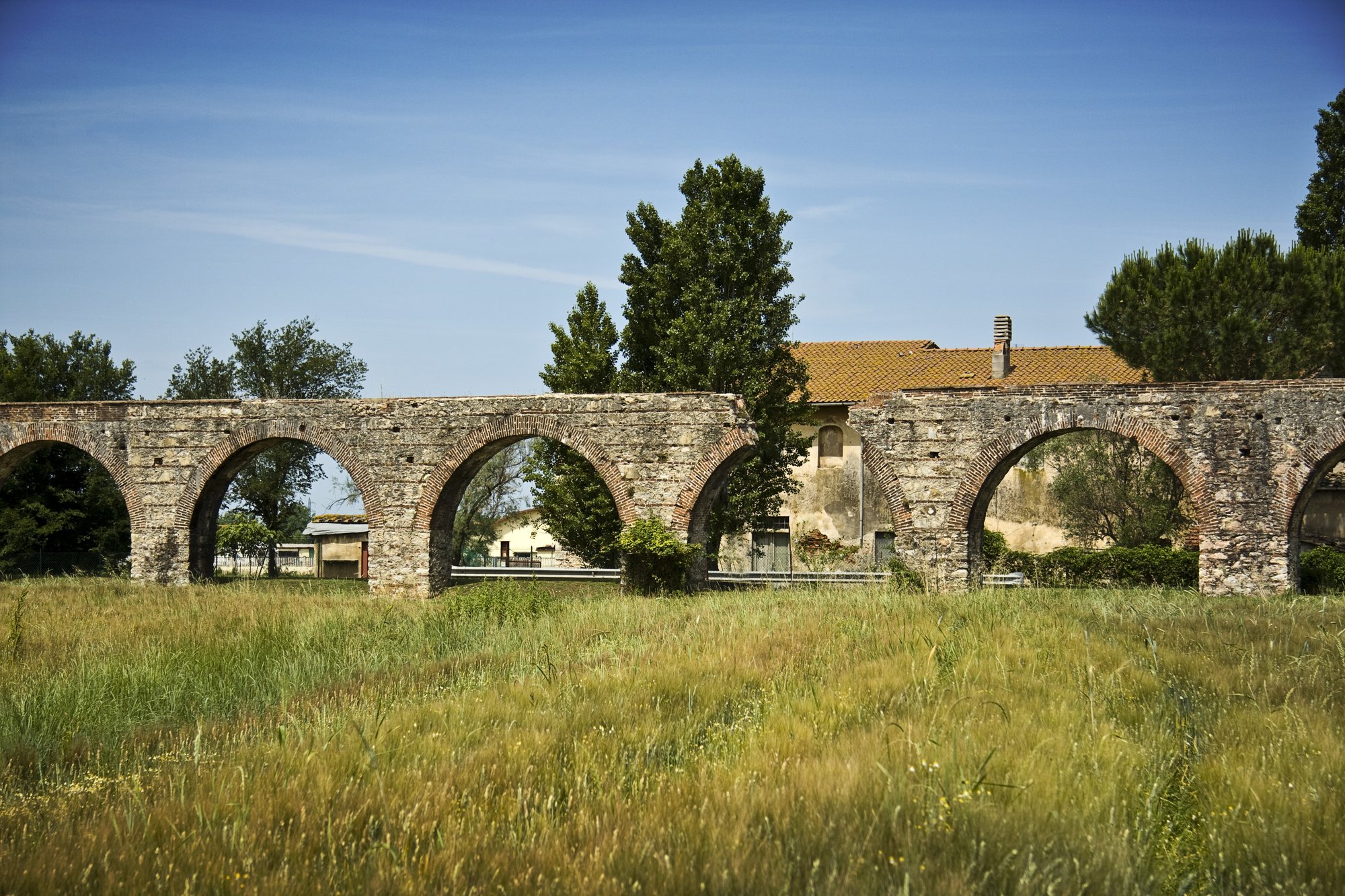
Why shouting 'fraud' works
In January, the Trump administration announced that it would freeze federal child care payments to five states. Although “widespread fraud” was referenced by...

Three Genius Ideas from MacArthur Fellow Hahrie Han
This year, a political scientist won a genius grant for studying something that might surprise you: not political theory or public policy but the human stuff...
Civic Caretaking
The historical record on care work is relatively thin. What counted as “important” to record, and who had the time and means to write, left many stories...

Solidarity and strategy
Last month, the White House issued Executive Orders imposing penalties on several major law firms. One of those firms, Paul Weiss, agreed to revise its...

The Year Ahead
It’s only January and the road we’ll travel this year appears not only twisty and snow-laden but also plenty bumpy. For those wanting to think a few miles...

From explanation to encounter
As election day nears, I’m turning down the hum of news and political analysis and turning toward a few actions: canvassing in my neighborhood, casting my...

Attention to Detail
Dear Friends, I am so grateful for your signing up for Hope& Practice, the quarterly newsletter of Hope& Consulting. I look forward to using this space to...